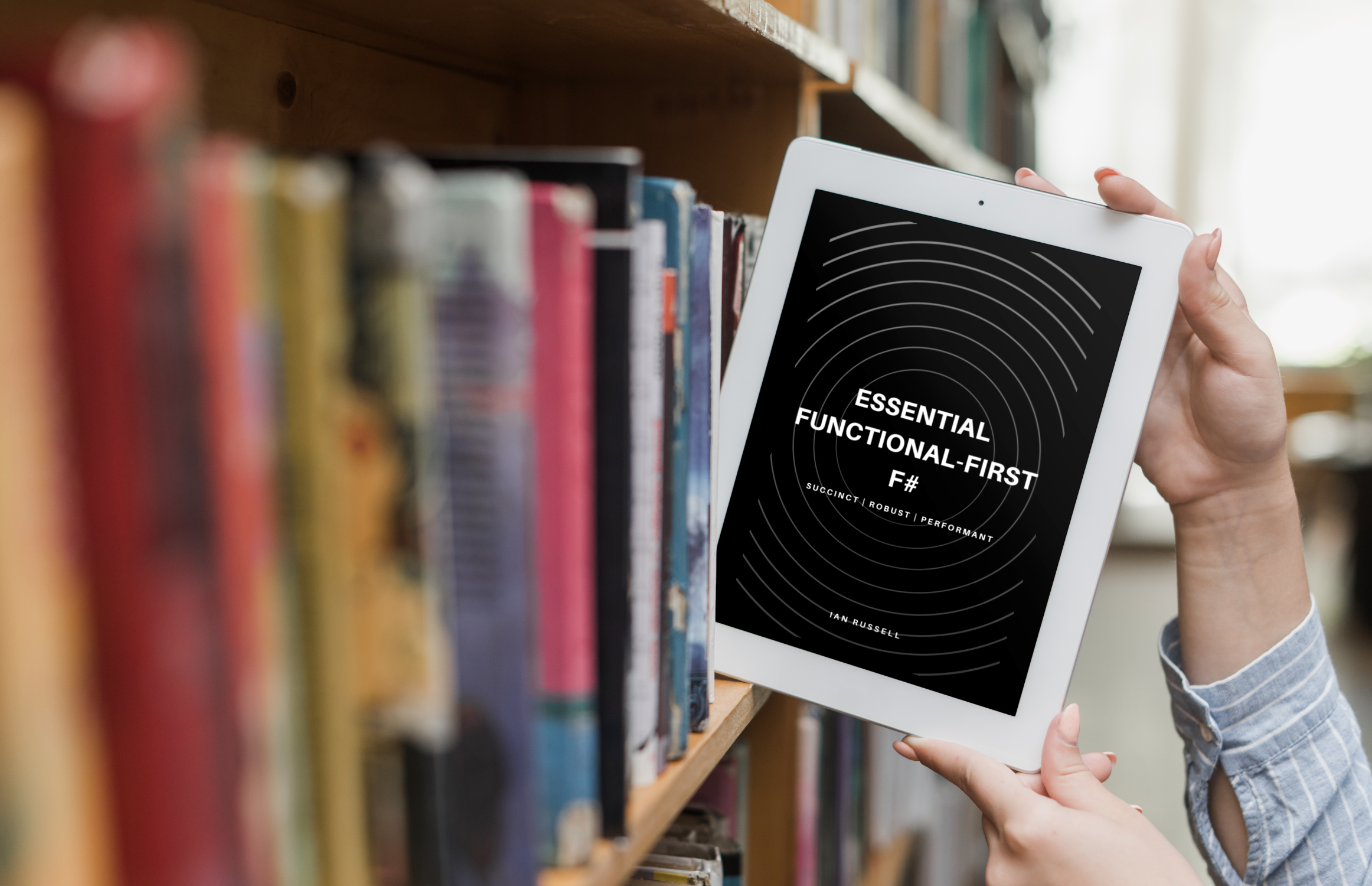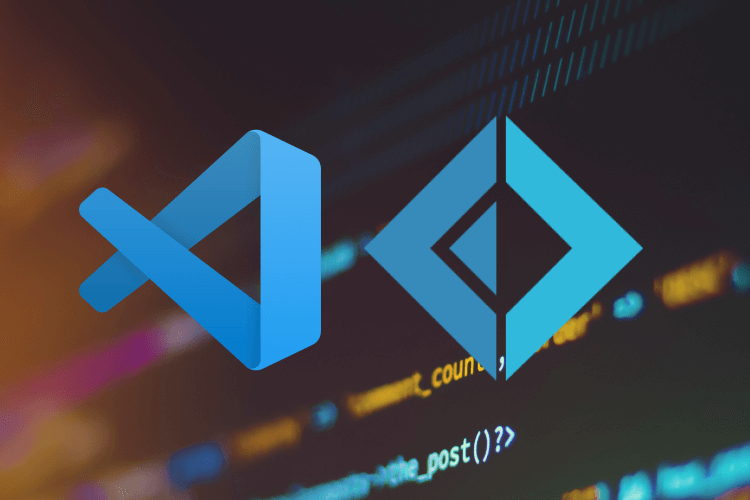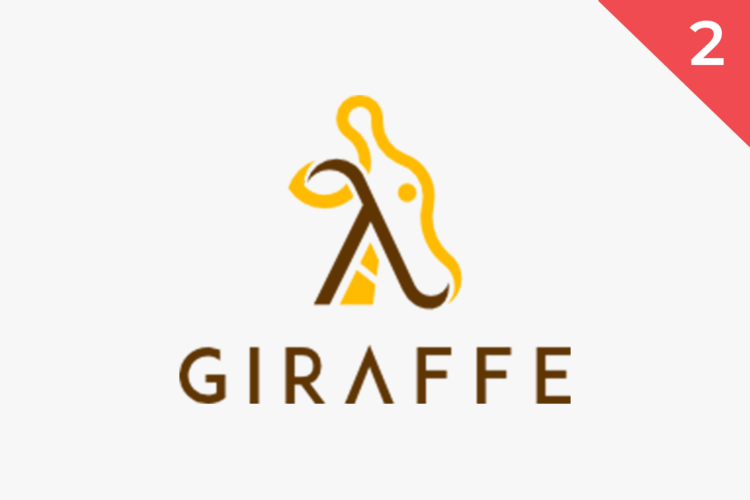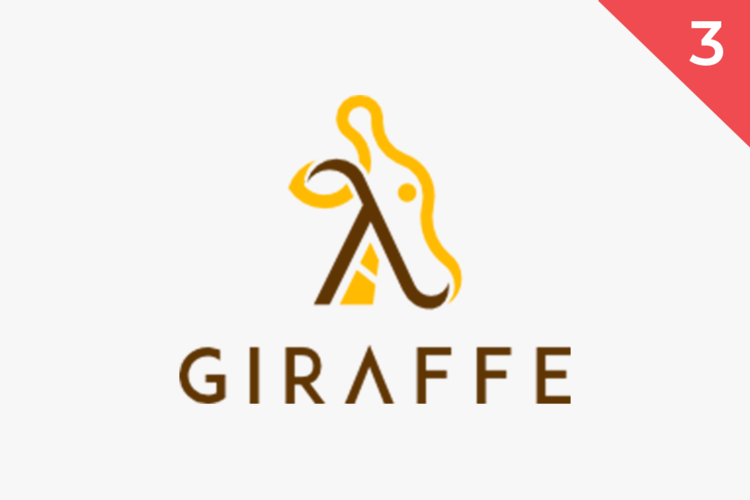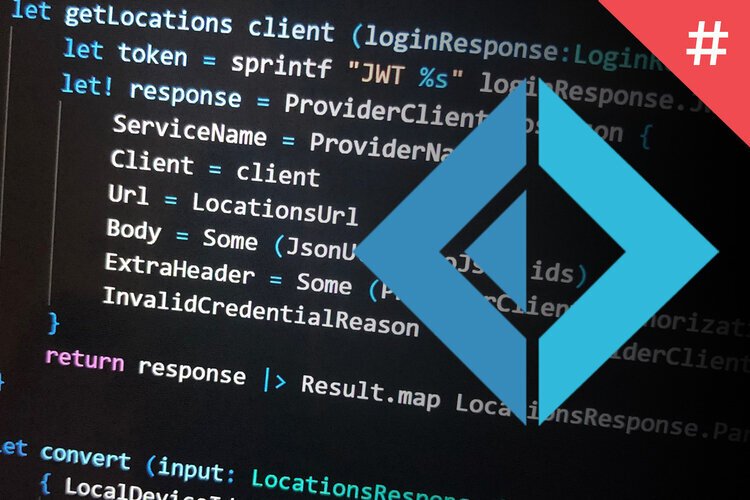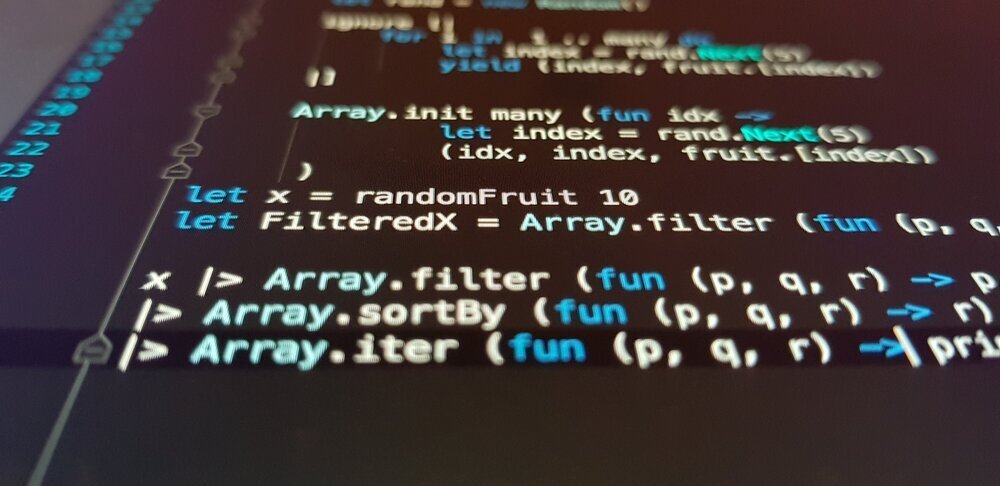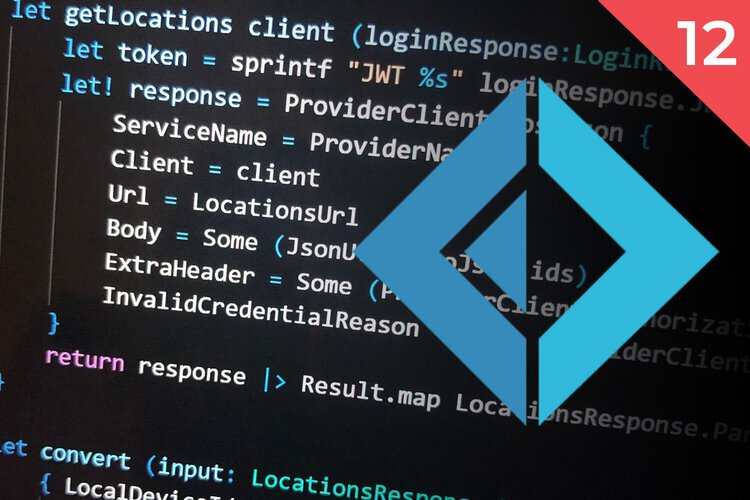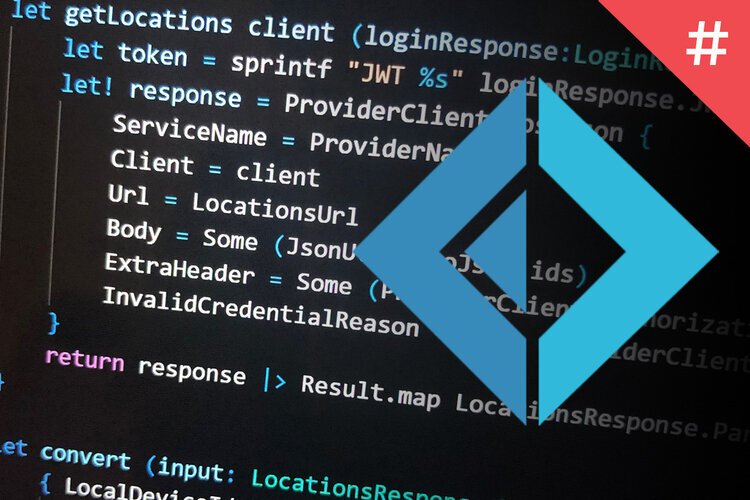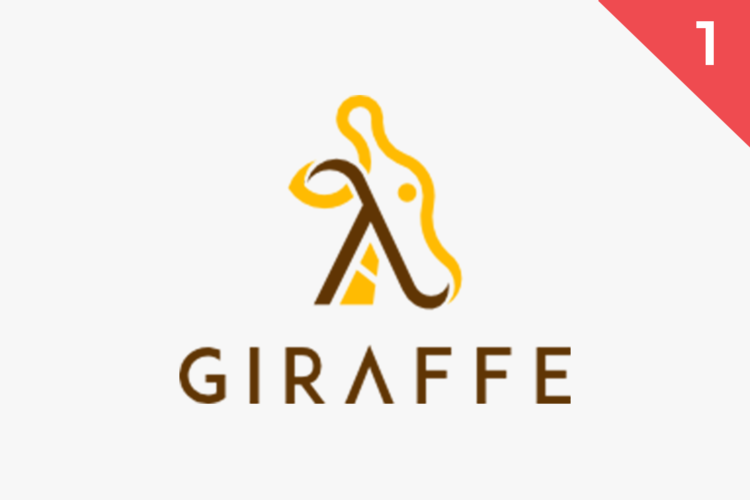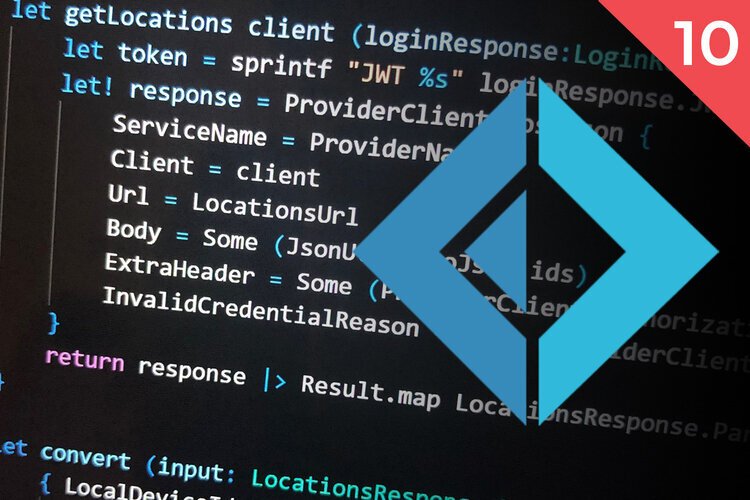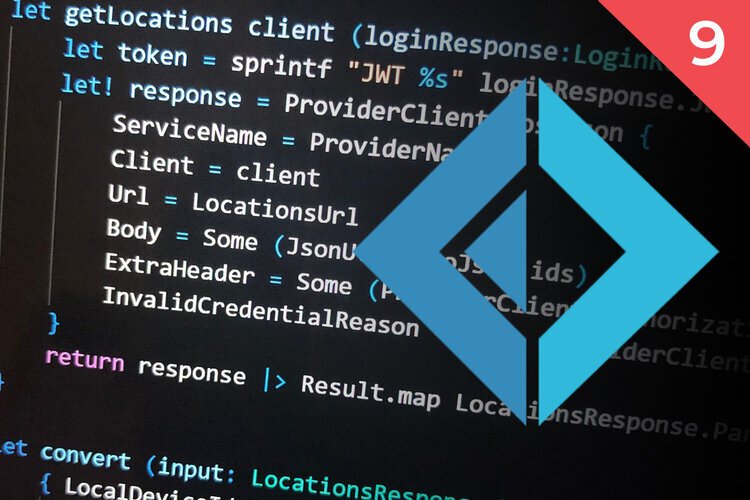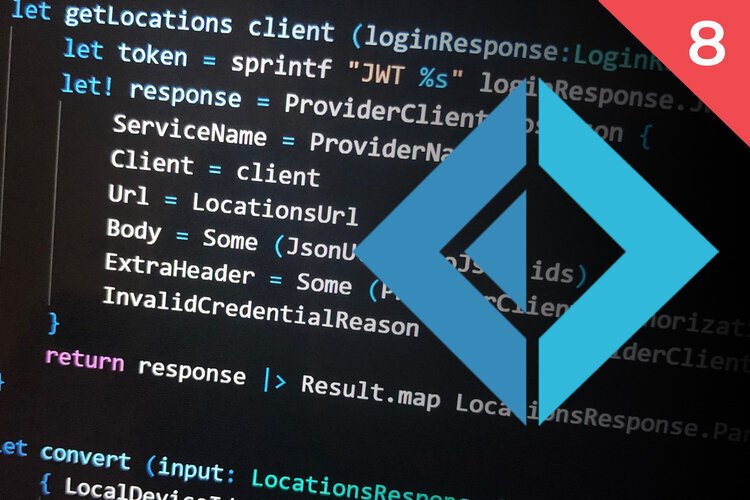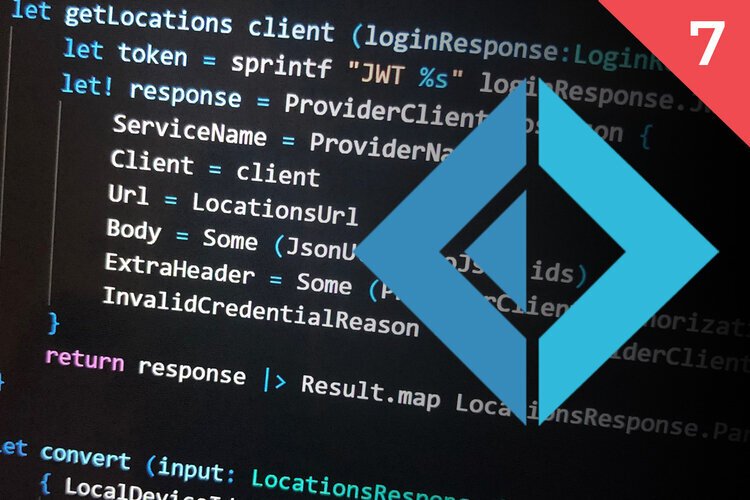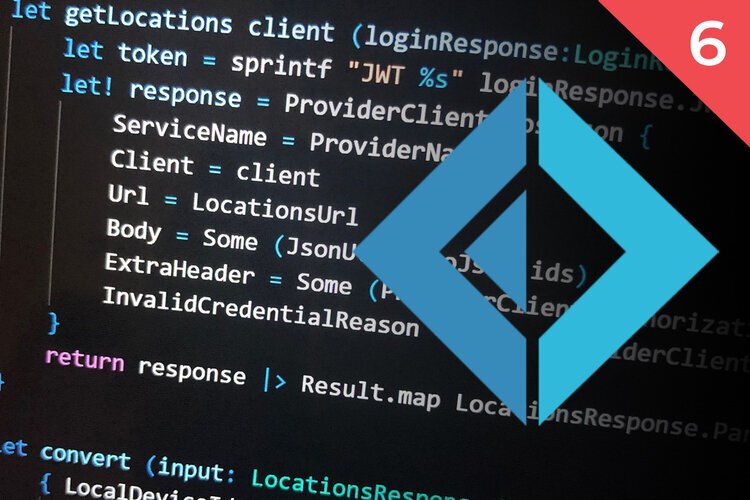So, I wrote a book
On Saturday August 7 2021, I released a book called Essential Functional-First F# on LeanPub, a self-publishing platform. It is based on two series of blog posts that I've written for the Trustbit blog.
Solving Transport Tycoon 2 Episode 2.1 With F#
This post describes how I wrote my submission to the Transport Tycoon 2 Episode 2.1 problem. The task is to find the shortest route between two stations given a dataset of connections.
Using Discriminated Union Labelled Fields
A few weeks ago, I re-discovered labelled fields in discriminated unions. Despite the fact that they look like tuples, they are not.
Creating solutions and projects in VS code
In this post we are going to create a new Solution containing an F# console project and a test project using the dotnet CLI in Visual Studio Code.
Creating solutions and projects in VS code
In this post we are going to create a new Solution containing an F# console project and a test project using the dotnet CLI in Visual Studio Code.
Introduction to Web Programming in F# with Giraffe – Part 2
In this series we are investigating web programming with Giraffe and the Giraffe View Engine. In this post, we will creating a simple API.
Introduction to Web Programming in F# with Giraffe – Part 3
In the last post, we created a simple API for managing a Todo list. In this post, we are going to start our journey into HTML views with the Giraffe View Engine.
Function Composition in F# with Unfriendly Functions
This is a short post looking at how to solve the problem of using F# unfriendly libraries in an F# function composition pipeline. One of my colleagues asked a question about this and I thought it might be interesting to look at some of the options available to us to solve it.
Using GCP Cloud Functions with F#
I've recently been writing a new feature in one of our projects and I thought I'd take advantage of the new .NET support in GCP Cloud Functions. As the project I work on is fully F# based my cloud function was going to be written in F#.
Introduction to Partial Function Application in F#
Partial Function Application is one of the core functional programming concepts that everyone should understand as it is widely used in most F# codebases.In this post I will introduce you to the grace and power of partial application. We will start with tupled arguments that most devs will recognise and then move onto curried arguments that allow us to use partial application.
Introduction to Functional Programming in F# – Part 12
In this post we will start to learn how to use Computation Expressions, create our own simple one and look at a more complex example where we combine two effects together - Async and Result.
Understanding F# Type Aliases
In this post, we discuss the difference between F# types and aliases that from a glance may appear to be the same thing.
Understanding F# applicatives and custom operators
In this post, Jonathan Channon, a newcomer to F#, discusses how he learnt about a slightly more advanced functional concept - Applicatives.
Introduction to Functional Programming in F# – Part 8
In this post we are going to look at adding validation to the code we worked on in Part 6. We will use active patterns that we looked at in the last post (Part 7) and we will see how you can easily model domain errors.
Introduction to Functional Programming in F# – Part 7
In this post we will be extending our knowledge of Pattern Matching by looking at how we can write our own matchers with Active Patterns. There are a number of different Active Patterns available but we will be concentrating on Partial & Multi-Case.
Introduction to Functional Programming in F# – Part 6
In this post we will introduce the basics of reading and parsing external data using sequences and the Seq module and how we can isolate code that talks to external services to make our codebase as testable as possible.

